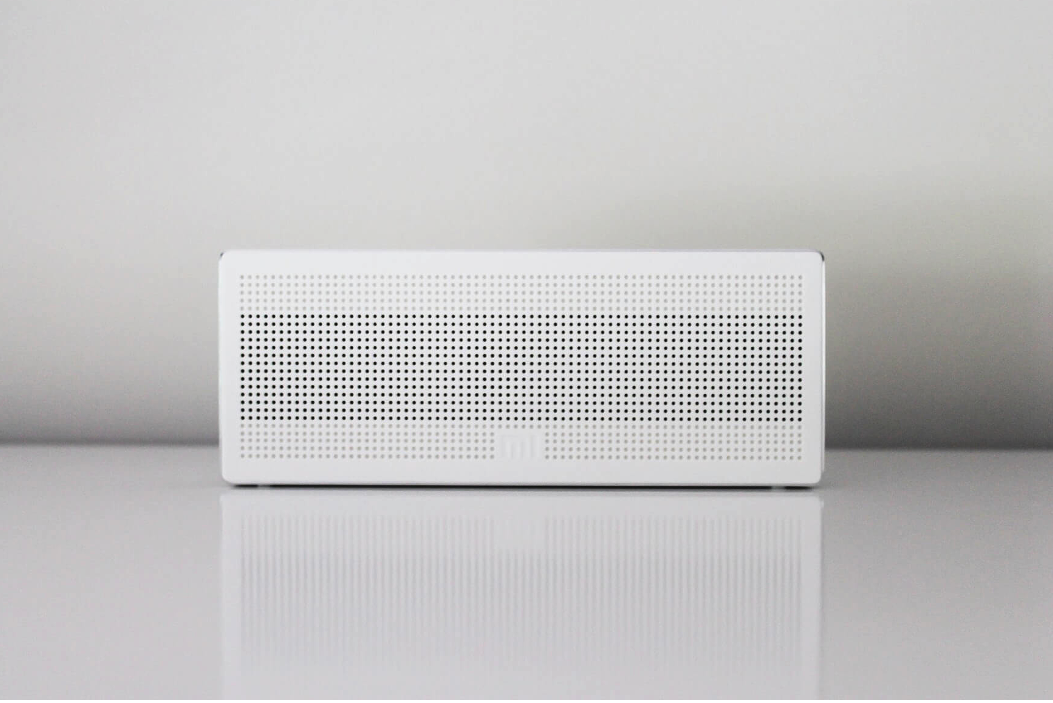When your air conditioning unit breaks down, it’s not only infuriating, but it can also be highly worrying, too. How much is a repair going to cost? Will I need to get an entirely new unit, or is it just a part that needs replacing? How long will the unit likely be broken for?
Inadequate Levels of Refrigerant
Amongst the most common causes of air conditioner failures is low levels of refrigerant - the substance which facilitates the working of all air conditioning and cooling systems. Sometimes, leaks can develop in HVAC systems, in turn leading to if not total air conditioning failure, then at least a far less efficient unit.
If you find your unit has a leak, then get in touch with an engineer or air conditioning technician straight away, not only because your unit could be running better, but also because refrigerant is environmentally damaging, so any leak should be stopped as soon as possible. Of all the issues leading to faulty air conditioners, this is probably the most costly to rectify.
Frozen Evaporator Coils
Another common problem leading to air conditioning failures is frozen evaporator coils; the evaporator coil is the part of the unit which cools the refrigerant, an integral part of the cooling process. In certain instances, these coils can become frozen as a result of airflow not being directed over it as smoothly as it’s supposed to be. Fortunately, this is an easier problem to fix, and even more than that, an easy problem to avoid in the first place.
Dirty filters, and general muck and grime clogging up your unit can lead to that reduced airflow which leads to the freezing. So, replace your filters every so often (or at least clean them) and keep your unit in good, clean condition, and you’re likely to avoid any such problems from ever developing! The importance of such maintenance is borne out in the fact that air conditioners that undergo regular cleans, checks and maintenance last roughly 40% longer than those that don’t - that’s both stress and money saved in the long run!
Evaporator Coil Replacements
If you do need to replace your evaporator coil, it’ll typically set you back anywhere between £100 and £400 depending on the size of the unit, in question.
Issues With Thermostat
A dodgy thermostat can lead to your air conditioning unit running more intermittently than it’s supposed to, or waste a huge amount of energy powering it when it doesn’t need to. How can you tell if you’ve got a faulty thermostat? There aren’t any obvious clear-cut signs that you can point to and go “yes, that’s the thermostat at fault, there” however if your AC has been running poorly, then it might well be at fault.
The best thing to do? Call in an engineer, or ring up a company specializing in air conditioners or their parts. It’s worth noting that if you use a modern smart-style thermostat, then it’s most likely not the thermostat that’s at fault; if you use an older, analogue dial-style one, however, then this is where it becomes a possibility.
Faulty Fuse
A broken AC doesn’t have to be the result of anything drastic or complicated; sometimes, it’s as simple as a broken or faulty fuse (or circuit breaker). “How do I check my AC’s fuse?” We hear you ask? Well, you can use a voltmeter and test the load, if you’re determined to root out the issue yourself. Or alternatively (and usually more easily) you can call in an electrician to do the reading for you. We tend to advise the latter given the inherent danger of working with live electricity.
Drains Becoming Clogged
Moisture and humidity are two key aspects of how an air conditioner works; with so much moisture around, any clogs or blockages can lead to serious consequences. Not only will your AC gradually worsen in efficiency, the area surrounding the unit might be prone to water damage and damp, given that the water that’s - supposed to be draining - doesn’t. Or at least, not quickly enough.
Vinegar
Fortunately, unclogging your AC drains is a relatively easy, pain-free task. All you need are two simple ingredients: vinegar and warm soapy water! Vinegar has long been used in cleaning thanks to its ability to tackle even very stubborn blockages and clogs. In terms of ratio, 1:1 tends to work well, or slightly more vinegar than water.
Gel
Alternatively - and particularly in systems where condensate pumps are fitted - you can use purpose-designed ‘gels’ that tackle more heavy-duty blockages. These gels are usually very concentrated, coming in relatively small pouches, ready to be diluted with water; safe, inexpensive (for the use you get out of them) and highly effective, they’re fast-becoming many people’s go-to when it comes to keeping your AC’s drain line clear and unclogged.
Final Thoughts
In most cases, the reasons for a broken (or faltering) air conditioning unit stem from poor maintenance, or a complete lack thereof. The easiest thing you can do to ensure your air conditioner’s continued efficacy is to regularly clean it, and service the unit annually. After all, prevention is better than cure. If you do find it’s broken down, however, replacement parts are easily found, and engineers and technicians are in good supply, ready to help get your AC back in full working order, again.




